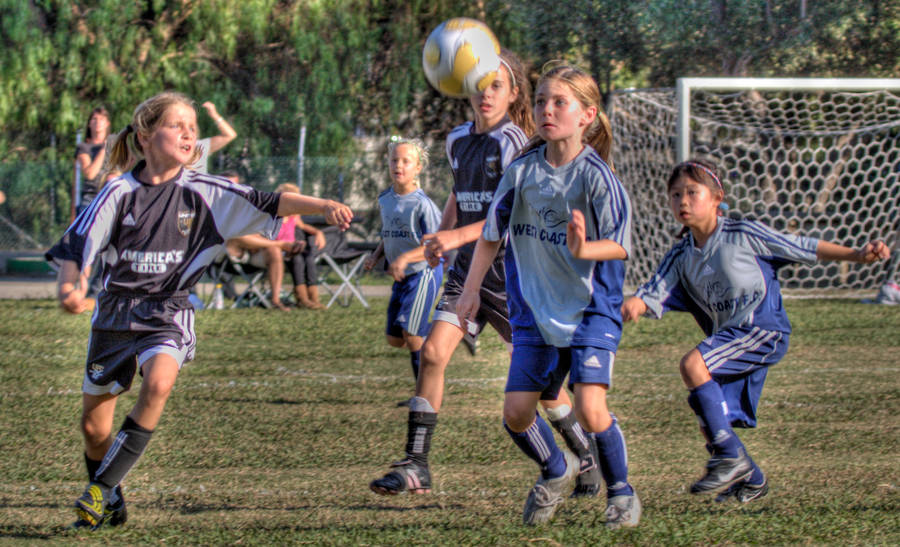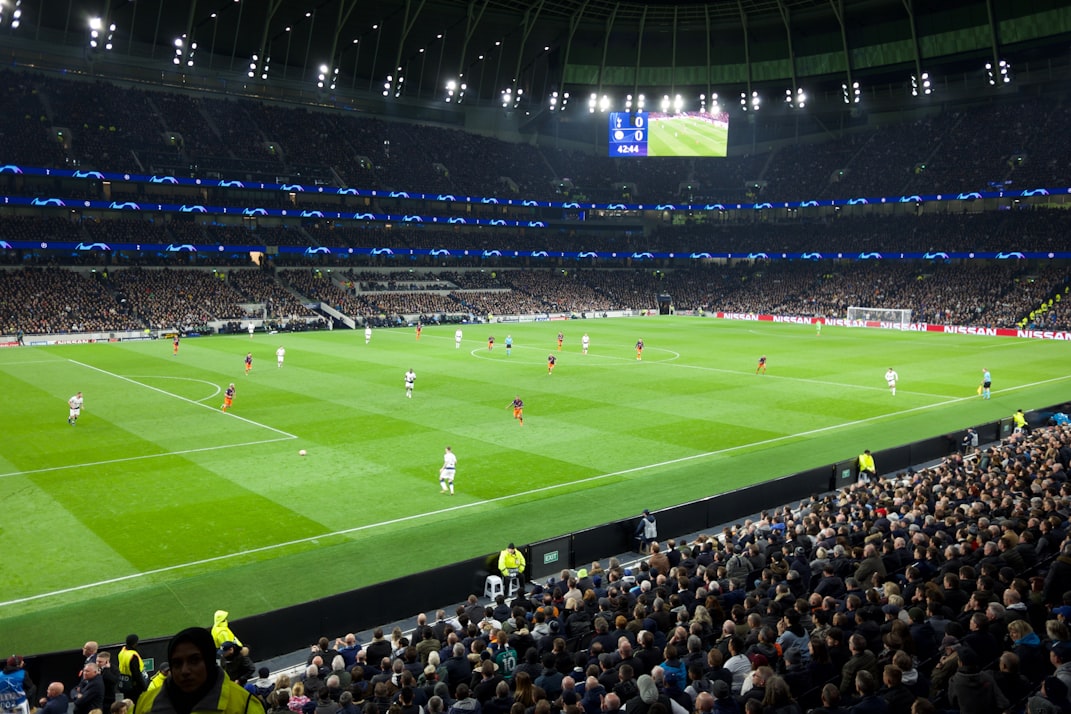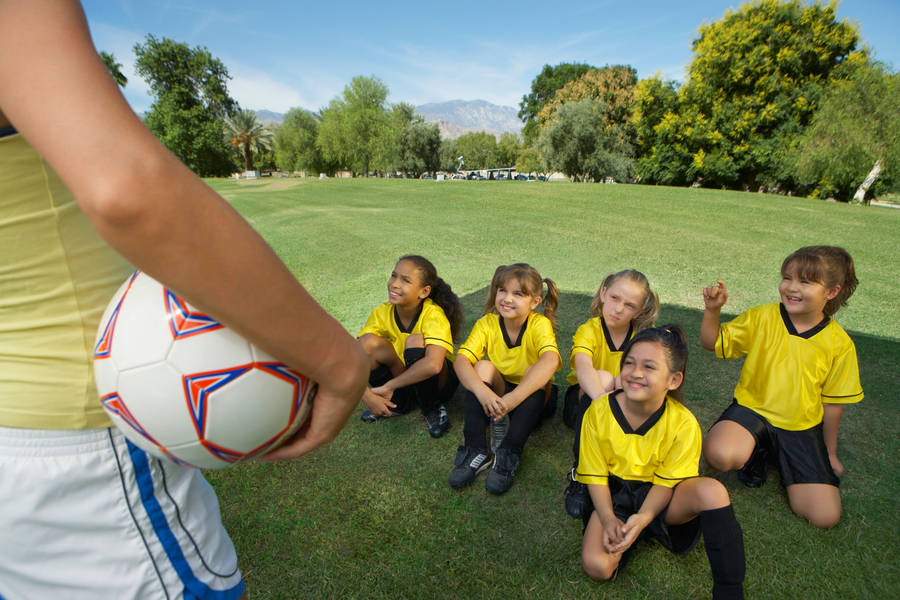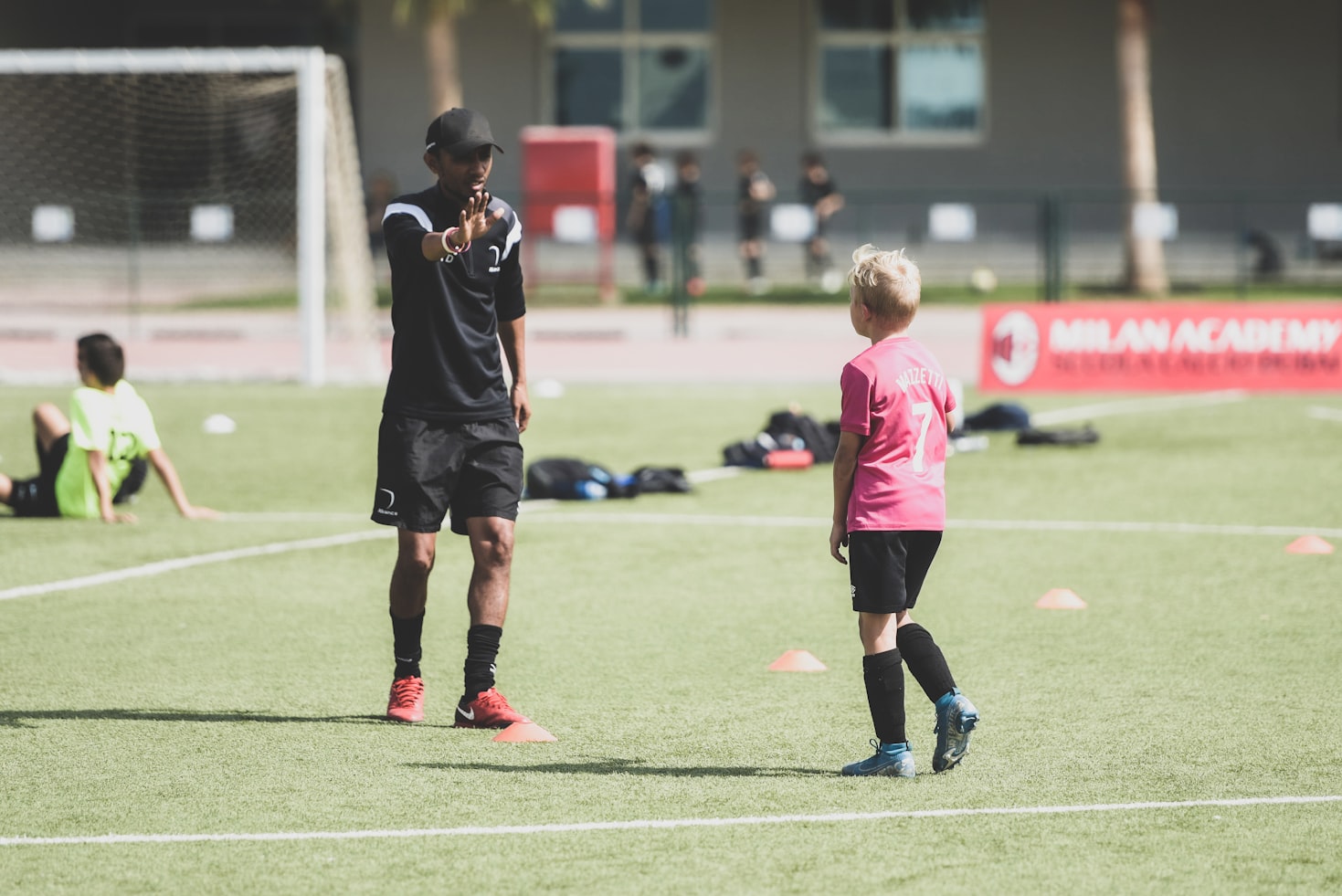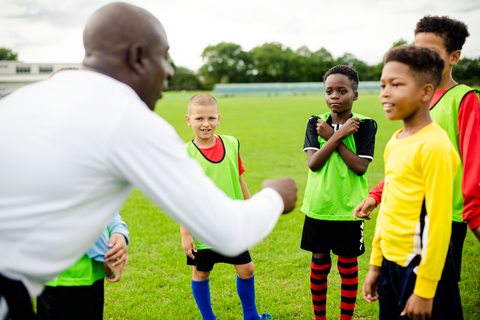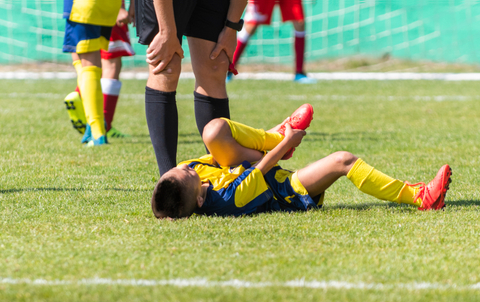
The landscape of youth football has transformed dramatically over the past decade, yet gender stereotypes continue to cast long shadows across our pitches and training grounds. As the Women's Super League attracts record breaking crowds and the Lionesses' European Championship victory inspires a new generation, the game finds itself at a crucial juncture where traditional barriers are being challenged like never before. However, the reality at the grassroots level reveals a more nuanced picture, one where both progress and persistent challenges coexist in equal measure and the journey toward true gender equality in youth football requires more than just celebrating milestone moments, it demands a shift in how we coach and nurture young players.
The challenges facing young players today are both obvious and subtle. For girls, despite the unprecedented success of women's football, evidence suggests they’re still frequently encountered with raised eyebrows and well meaning but misguided suggestions that they might prefer 'gentler' sports, or the assumption that their interest in football is somehow unusual. These attitudes persist even as participation numbers soar, with the FA reporting a 60% increase in girls playing football since 2017. For boys, the constraints are different but equally limiting. They face pressure to embody traditional 'masculine' traits like toughness, aggression and emotional stoicism, even when these characteristics might not align with their natural personalities or actually hinder their development as players.
The impact of these stereotypes extends beyond the immediate playing experience. When young players internalise these gender based expectations, it affects not just how they play but how they view themselves and their potential in the sport. Girls might hesitate to fully commit to developing their skills, believing there's a ceiling to what they can achieve. Boys might suppress their natural instincts for creativity or collaborative play, feeling pressure to conform to a more aggressive, individualistic style that can be associated with men's football.
Modern youth football needs to embrace a more nuanced understanding of player development. The best coaches today recognise that qualities like spatial awareness, tactical intelligence, emotional resilience and teamwork aren't gendered traits but fundamental aspects of what makes a good footballer. When we free young players from gender based expectations, we allow them to develop these qualities naturally, leading to better footballers and, more importantly, more confident young people.
Recent research from the Football Association reveals that while 96% of primary schools now offer football to both girls and boys, significant disparities emerge in participation rates by age 14, with girls dropping out at three times the rate of boys. This stark statistic isn't merely about preference, it reflects the subtle and often invisible barriers that continue to shape young people's relationship with our game. The story however, isn't just about girls' access to football, it's equally about how rigid gender expectations constrain boys' emotional expression and development within the game.
The impact of these stereotypes manifests in surprisingly similar ways across gender lines, albeit with different expressions. For girls, the journey often begins with seemingly innocuous comments that gradually accumulate to create a sense of otherness. A 2023 study by the Youth Sport Trust found that 68% of girls who play football have experienced some form of gender based discrimination, ranging from casual dismissal of their abilities to explicit exclusion from playing opportunities. Yet, these challenges often spark remarkable resilience. The Wildcats programme for instance has seen participation grow from 2,500 to over 100,000 girls since its inception in 2017,demonstrating how targeted initiatives can create safe spaces for girls to develop their love for the game.
For boys, the constraints of gender stereotypes often manifest more subtly but are no less harmful. The persistent myth of the ‘tough’ footballer creates an emotional straitjacket that can have lasting consequences. Sports psychologists working with youth teams report that boys as young as eight already show signs of suppressing emotional responses to avoid appearing ‘weak.’ This phenomenon, termed ‘emotional armouring’ by researchers, can impede not only athletic development but also crucial social and emotional growth. The pressure to maintain this facade of toughness can be particularly challenging for boys who don't naturally fit the aggressive, competitive mould traditionally associated with the sport.
The solution begins with a conscious awareness and deliberate action at grassroots level with coaches playing an important role. The language we use and the expectations we set can either reinforce or challenge gender stereotypes. Simple changes, like avoiding phrases such as ‘man up’ make a significant difference. Instead, coaches can focus on specific feedback about technique, decision making and teamwork. When praising players, highlighting their actual abilities rather than comparing them to specific standards helps create an environment where every player feels valued for their individual contributions.
The importance of visible role models cannot be overstated. While the success of the Lionesses has provided inspiring examples at the elite level, we need to ensure this representation extends to grassroots football. Female coaches, referees, and club administrators help normalise women's involvement in all aspects of the sport. Similarly, male coaches who openly value and promote equality help challenge traditional stereotypes about leadership in football. In the tennis world Andy Murray has rightly been lauded for his approach to equality but there are fewer visible champions in football.
Parents and guardians also play a vital role in breaking down gender barriers. Their attitudes and expectations can either reinforce or challenge societal stereotypes. When parents actively support their children's involvement in football, regardless of gender, they help create a more inclusive environment. This might mean encouraging a daughter to pursue her passion for football despite societal pressure, or supporting a son who prefers a less aggressive, more technical style of play.
Creating inclusive environments requires practical steps as well as cultural changes. Ensuring equal access to facilities, equipment, and coaching resources is fundamental. Some progressive clubs have implemented specific strategies to promote inclusion.
The benefits of breaking down gender stereotypes extend far beyond football. Young players who feel free to express themselves and develop their skills without gender-based constraints often show improved confidence, better social skills, and stronger leadership abilities. They learn to value themselves and others based on ability and character rather than gender stereotypes.
As we continue this important work, we must remember that change happens through consistent, everyday actions rather than grand gestures. Every training session, every team talk and every match provides an opportunity to challenge stereotypes and promote inclusion. By working together, coaches, parents, players and administrators can create a grassroots football culture where gender truly doesn't determine opportunity or define experience.

